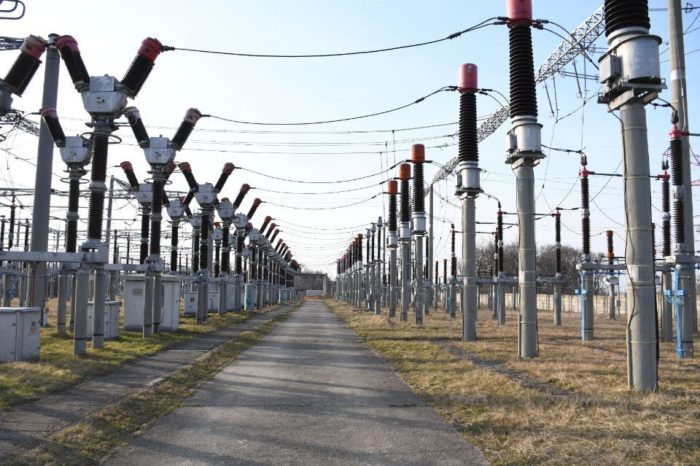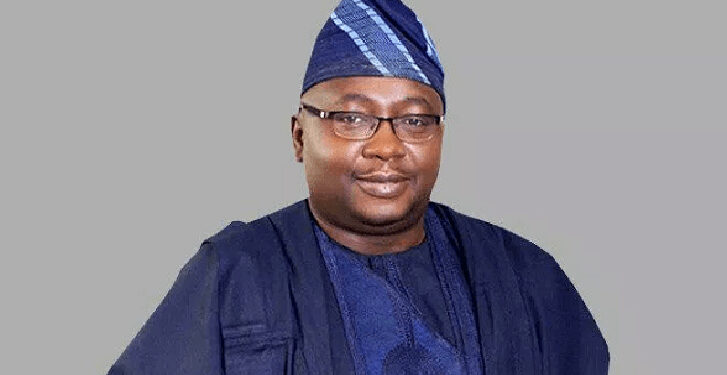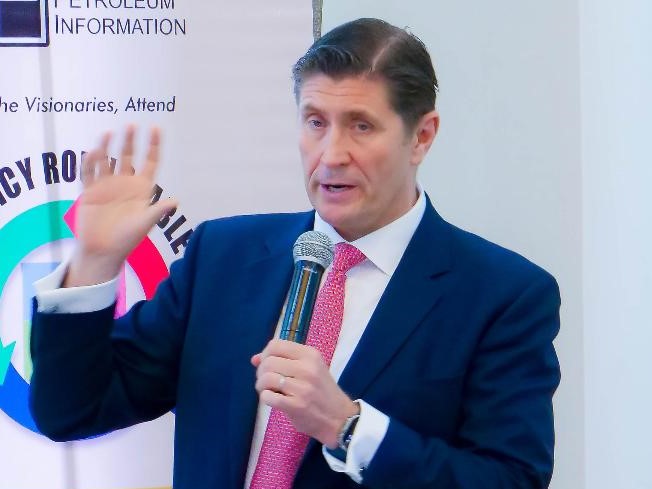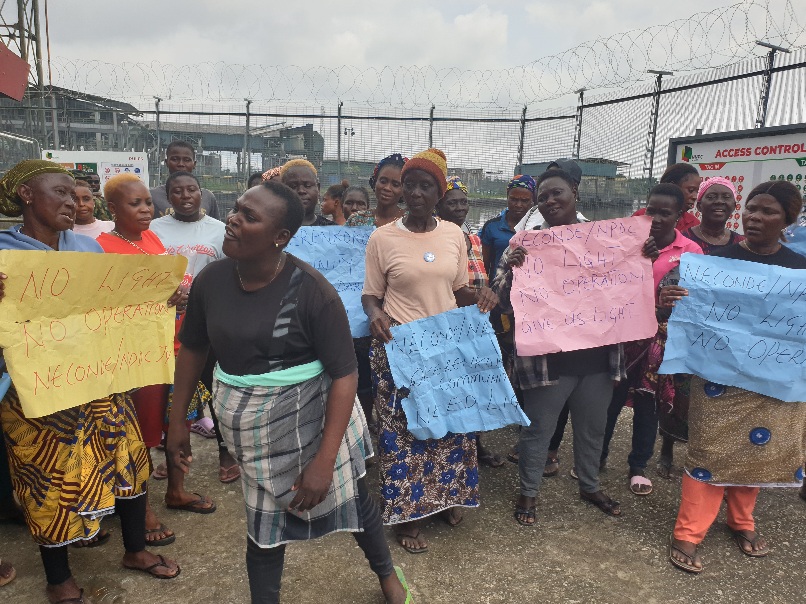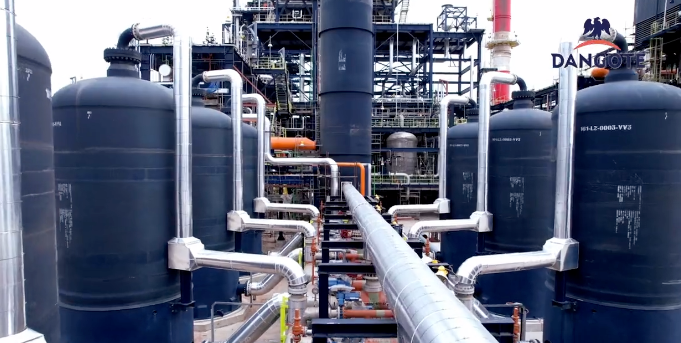Metering: Nigerians at the mercy of DISCOs

Adebayo Obajemu
Last week, a report by Nigerian Electricity Regulatory Agency, NERC said about ₦10.5 billions will be deducted from sources from 11 DISCos as their total indebtedness to customers for over billing them through arbitrary estimated billing.
The news angered many unmetered customers. Akin Adisa , an unmetered customer told EnergyDay that he has suffered in the hands of Ibadan DISCo. ” I live in two- bedroom apartment in Ifo, Ifo Local Government here in Ogun State, but you can’t believe it; I have been trying to get meter but Ibadan DISCo keeps frustrating me . They always bring a bill of between₦30000 to ₦35000 every month. I don’t understand.”
Adisa’s story is not new , as it’s common lot of many unmetered customers.
Many customers believe the he metering gap which has remained a big challenge is deliberate so that these DISCos can continue to gyp customers with crazy bills.
According to recent data the electricity distribution firms have only attained achieved a 39 per cent metering rate since the privatisation of the sector in 2013.
Recall that the federal government privatised the distribution and generation arms of the power sector in 2013 but kept the transmission arm to itself.
However, almost 10 years after privatisation, the 11 Discos have been able to meter only 4,898,721 (approximately 39 per cent) of the 12,643,630 registered customers, according to statistics obtained from the Nigerian Electricity Regulatory Commission.
The power sector achieved privatisation with six power generation plants and 11 electricity distribution companies.
Though the number of Discos, 11 in all has basically remained unchanged, it is not so with generation firms as more firms have been licensed raising the number to 29.
According to the second quarter 2022 report by the NERC of the 12,643,630 registered energy customers as of June 2022, only 4,898,721 (39 per cent) have been metered.
A total of 167,956 meters were installed in 2022/Q2 compared to the 85,510 meters installed in 2022/Q1.
By comparison, the net metering rate increased from 38 per cent metering in March to 39 per cent in June 2022.
The meter installations increased compared to 2022/Q1 despite the winding down of the National Mass Metering Programme Phase 2 as a result of the uptake of the Metering Assets Providers metering Scheme by most Discos.
According to the regulatory agency, it has continued to engage relevant stakeholders to make sure there is a month-on-month increase in metering rate, even as it set up a strong bulwark against overbilling of unmetered customers by setting maximum limits to the amount of energy that may be billed to an unmetered customer every month.
The number of meter installations through the Federal Government’s NMMP phase 0 was 158,889 in 2021/Q1, 308,016 in 2021/Q2, 279,917 in 2021/Q3, 70,676 in 2021/Q4, 20,016 in 2022/Q1 and 34,390 in 2022/Q2.
In a total loss of confidence in the power sector, the President of Nigeria Consumer Protection Network, Kunle Olubiyo, of recent sued for a total reversal of the privatisation of the power sector, labelling the entire privatisation a huge failure.
According to Olubiyo, the way out of the incessant power supply hiccups was for the government to source money and pay back the investors.
“It is either the Federal Government does a mid-term review of the privatisation process or total reversal of the privatisation. We did not get it right and you cannot build something on anything.
Olubiyo said the money the government had spent on post-privatisation in a supposedly private sector-driven industry was more than what the government was giving to the defunct National Electric Power Authority and the Power Holding Company of Nigeria.
Recall that in December, FG disclosed that it was getting a $500 million World Bank loan to overhaul the country’s power sector.
So far, the FG through the Central Bank of Nigeria has disbursed the sum of N14.35bn to Discos for metering.
Two years ago, the government gave Yola Disco a N5bn loan for the procurement of 85,000 meters. As of 2020, the Discos had got N1.8tn funding from the FG, but the Association of Nigerian Electricity Distributors, the umbrella body of the 11 Discos, argued that the utility firms only accessed N58bn.
In order to get reliable power supply, experts have emphasized the need for advanced metering, prompt payment of bills by consumers, and reduction of energy losses as vital steps towards achieving a self-funding and self-reliant electricity supply system in Nigeria.
This was part of the submission they made at the 90th Power Dialogue organised in Abuja by The Electricity Hub (TEH), with the theme: “Examining the Nigerian Power Sector on a Spyglass”.
The organisers, in a release said the panel comprised experts in the energy sector – Andrew Smith, the deputy chief of party, USAID Power Africa Nigeria Power Sector Program; Elungile Mzimba, the managing director of SteamaCo Africa; Chijioke Okwuokenye, the chief operating officer of Abuja Electricity Distribution Company (AEDC), and Emeka Okpukpara, a partner at Nextier Power, as the moderator.
The experts emphasized the need for a holistic system to comprehend and analyze data, ensure, precise,accurate net metering and effective management of the power network.
Furthermore, the discussions dwelt extensively on the significance of aligning incentives within distribution companies (discos), emphasizing the need for cost-effective operations, improved collections, and efficient billing systems.
The panelists recognized the ongoing drive to deploy Supervisory Control and Data Acquisition (SCADA) systems for visibility across the entire network.
In spite of the ubiquitous challenges, the panel dwelt on optimism for the future renaissance of power sector, and noted the achievements and milestones since the privatization in 2013 ,and highlighted the progressive evolution of the recent Electricity Act.
The participants implored stakeholders, including consumers, to play a crucial role in contributing to a more sustainable and reliable power sector.
According to them, “Paying bills promptly and reducing energy losses were emphasized as vital steps towards achieving a self-funding and self-reliant system.
“As Nigeria navigates the complexities of its power landscape, the industry remains focused on addressing fundamental issues and embracing technological advancements to build a resilient and efficient power infrastructure.”
Mr Chijioke Okwuokenye, representing Abuja distribution company (Disco), underlined the significance of addressing revenue shortfalls while emphasising ongoing efforts to rectify the situation. He outlined plans to reconcile regulatory assets owed to the disco and highlighted the commitment to meet obligations through strategic initiatives, even as he reflected on past milestones and current challenges.
In his own submission,, Mr Andrew Smith emphasised the need for a holistic approach to power sector reform, and stressed the significance of governance, transparency, and stakeholder coordination to drive progress, even as he highlighted the importance of ensuring cost-effective tariffs and stringent measures to deter power theft.
The discussions also delved into the potential of net metering and advanced grid solutions in bolstering grid stability and tariff management.

